The lens you use plays a significant role in low-light photography. Learn about the best lenses for night photography to take stunning photos.
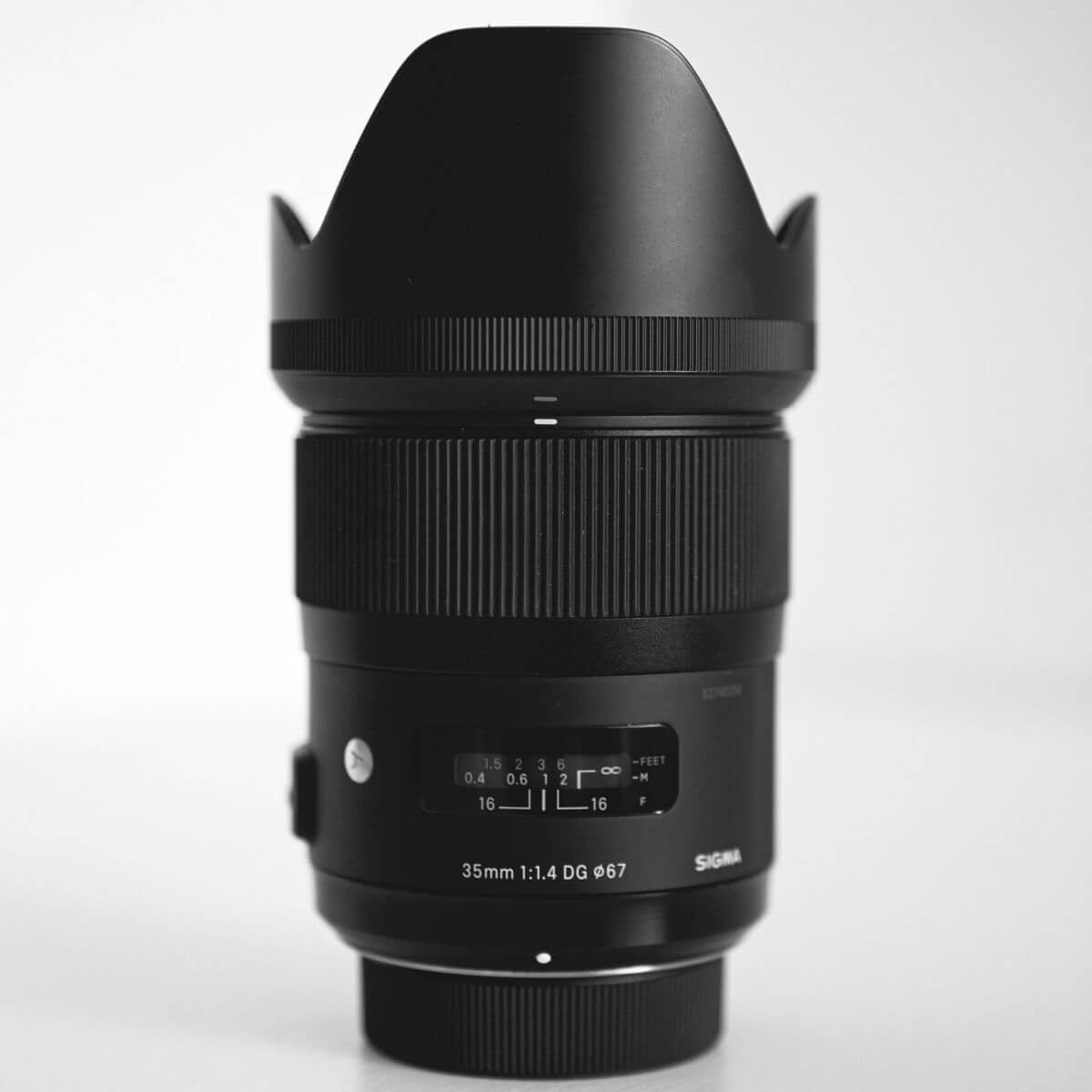
The first pictures at night date back over a century. Legendary photographer, Alfred Stieglitz, was one of the first to take an image at night.
Nighttime photography produces stunning and unique photos.It’s an excellent time to capture portraits, cityscapes, and the sky.
The wrong lens makes quality night photography almost impossible. So, having the right gear is essential.
The following are the best lenses for night photography.
What makes a great night photography lens
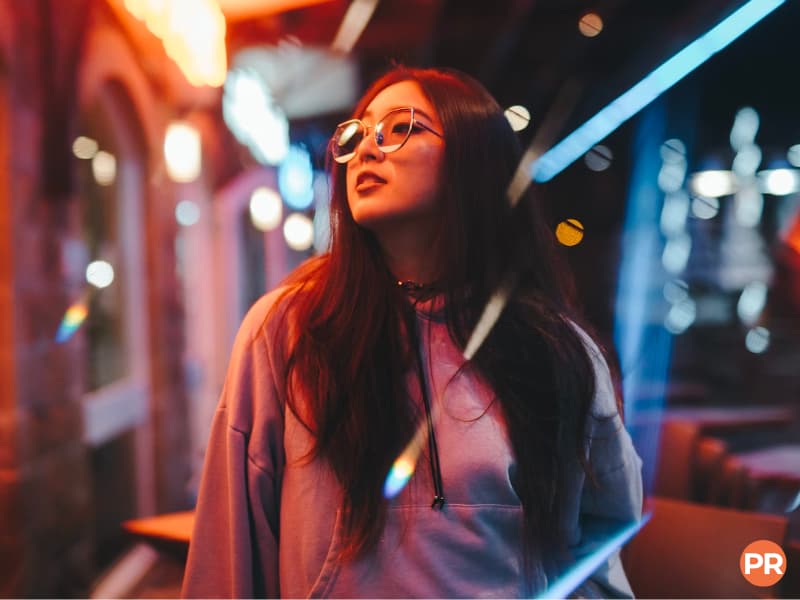
The best lenses for night photography have wide apertures.
It’s the most significant aspect, as it controls the opening for light to reach the sensor.
A wider aperture allows more light to move through the lens. It also offers a shallow depth of field, creating beautiful blurry backgrounds.
Whether you want a prime or zoom lens, choose one with an aperture of f/2.8 or wider.
The best lenses for night photography
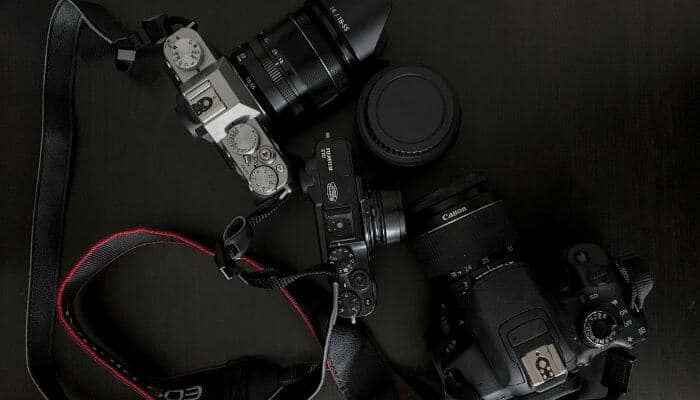
The focal length you use depends on the type of photography.
Landscape and architecture photography will use a wide-angle lens.
Standard lenses are perfect for street and portrait photography.
Sports, wildlife, and action photography will need a telephoto lens.
Regardless of the type of photography, a wide aperture is a must when shooting at night.
When shopping for lenses for night photography, pick one with an aperture of f/2.8 or wider.
The prices vary from $100 to over $2,000, depending on the quality, brand, and line.
The following are the best night photography lenses.
14mm f/1.8
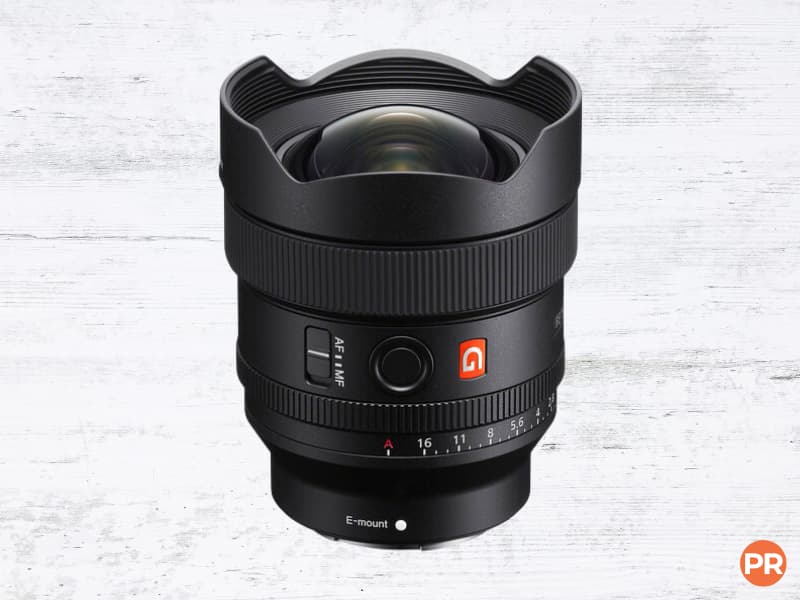
One of the most outstanding lenses for night photography is the 14mm f/1.8.
It has an ultra-wide-angle focal length. It’s perfect for landscape, nature, astrophotography, and architectural photography.
The lens is lightweight and compact, making it easy to carry for travel.
The f/1.8 aperture is wide and gathers a lot of light. It’s an excellent lens if you need a wide perspective.
Brands that offer a 14mm f/1.8 lens include Sony and Sigma. Rokinon, Nikon, Samyang, and Yongnuo have f/1.8 versions.
14-24mm f/2.8
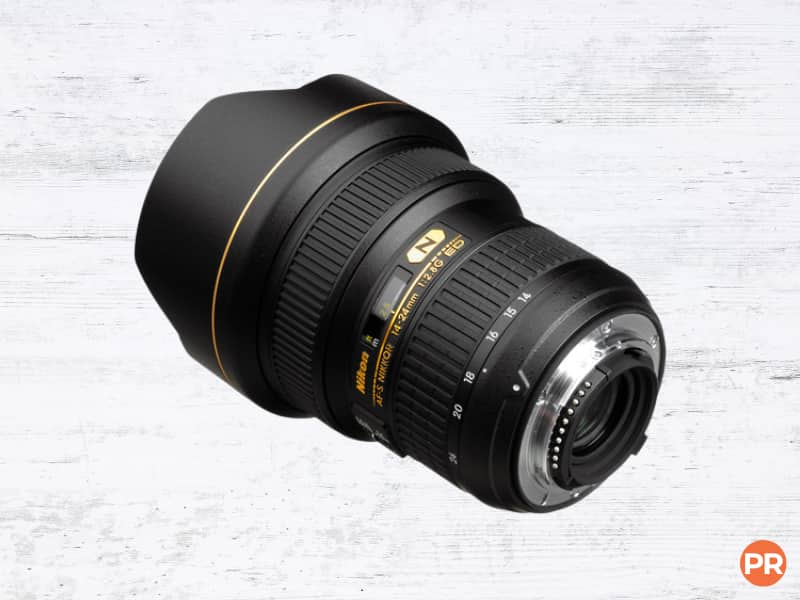
The 14-24mm f/2.8 lens is spectacular. It has a constant f/2.8 aperture throughout the range of focal lengths.
You can capture sharp night photos with beautiful bokeh.
Also, you can use the widest focal length to capture the scene without lens distortion.
Brands that offer a 14-24mm f/2.8 lens include Nikon and Sigma. You can find used ones for Canon DSLR cameras. But Canon no longer sells new ones.
24mm f/1.4
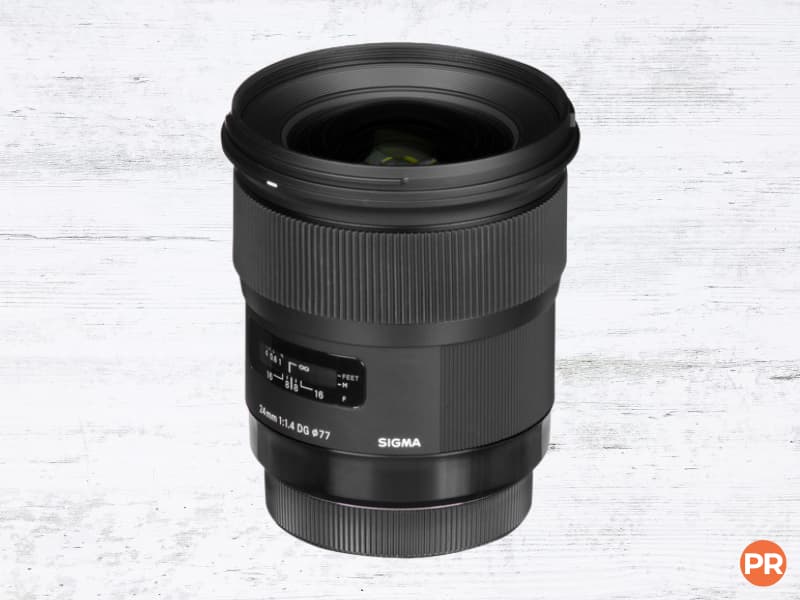
The 24mm f/1.4 is one of the top prime lenses for night photography.
The focal length allows you to capture a wide field of view.
You can take pictures of the night sky or full-body portraits with a lot of the background in the scene.
While the 24mm f/1.4 is superb for night photography, it works well during the day.
Avoid getting too close to a subject when using the 24mm prime lens. It can cause lens distortion.
Brands that offer a 24mm f/1.4 lens include Canon, Nikon, Sony, Sigma, Rokinon, and Samyang.
24-70mm f/2.8
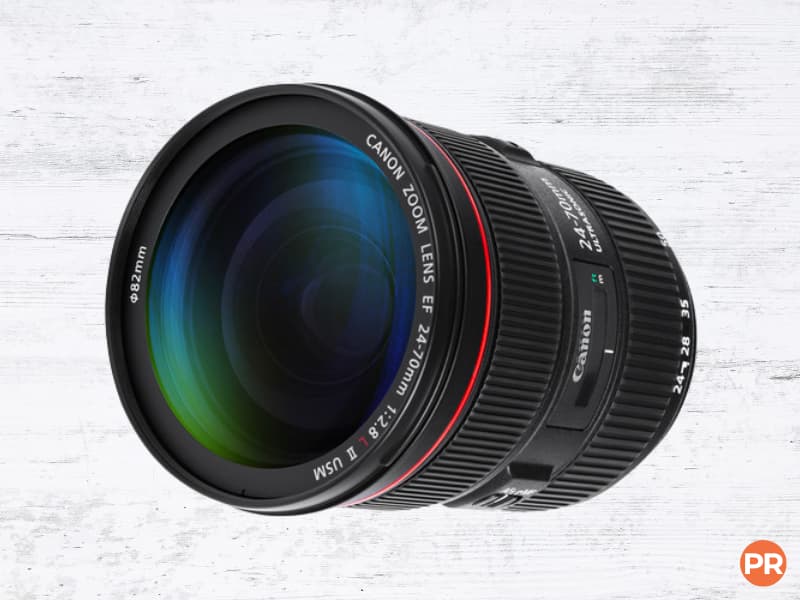
The 24-70mm f/2.8 is a zoom lens that works for all types of photography.
It’s a versatile lens with a constant wide aperture. It allows you to gather a lot of light and shoot stunning photos at night.
Few lenses compare when considering flexibility. The focal length choices make the 24-70mm the best choice if you can only choose one zoom lens.
Brands that offer a 24-70mm f/2.8 lens include Canon, Nikon, Sony, Sigma, Tamron, Pentax, Panasonic, Tamron, and Rokinon.
35mm f/1.4
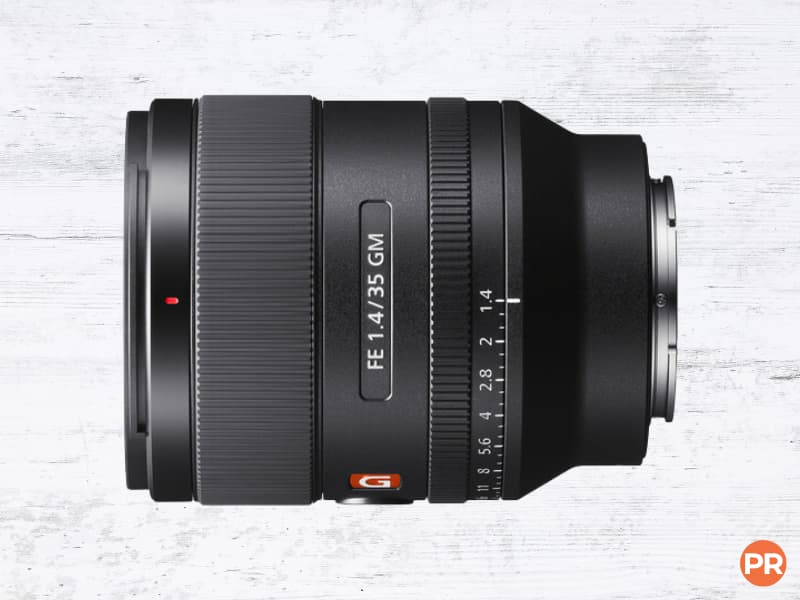
The 35mm f/1.4 is a classic wide-angle prime lens. It’s lightweight, versatile, and creates high-quality images.
You can use it to capture many different shots and angles.
The f/1.4 aperture is incredible in low-light conditions. It captures beautiful background separation and allows you to use a lower ISO.
You can also find 35mm lenses with an f/1.8 aperture. It costs less than the f/1.4 version, but you’re sacrificing an f-stop.
Brands that offer a 35mm f/1.4 lens include Canon, Nikon, Sony, Sigma, Tamron, Fujifilm, Samyang, and Rokinon.
50mm f/1.2
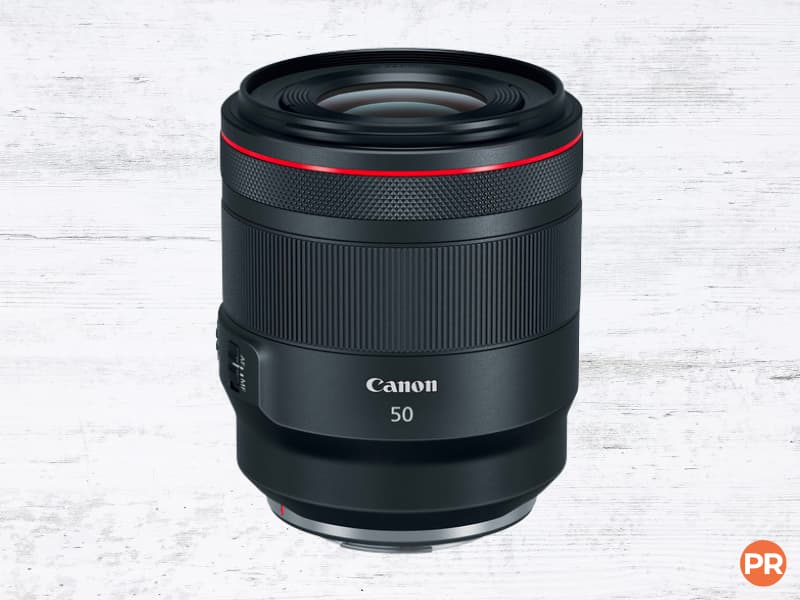
The 50mm lens is a popular focal length. It’s excellent for portraits, landscapes, product, and car photography.
A 50mm focal length offers flexibility to capture different types of shots.
The f/1.2 version is the top-of-the-line 50mm lens, as it works well in low light and has superb optics.
The 50mm f/1.2 lens is fast and impressive but expensive. There’s also an f/1.4 or f/1.8 version that costs less than the f/1.2 lens.
Get the 50mm lens if you want to carry one prime lens while shooting photos at night.
Brands that offer a 50mm f/1.2 lens include Canon, Sony, Nikon, Rokinon, TTArtisan, and Zenit.
70-200mm f/2.8
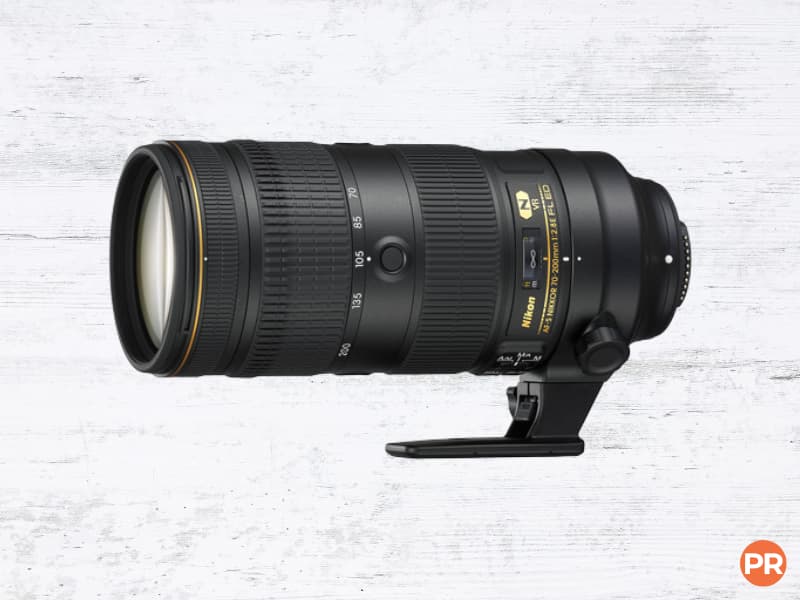
The 70-200mm f/2.8 lens is ideal for different telephoto focal lengths in low-light conditions.
Sports, wildlife, and wedding photographers will get the most use out of the lens.
The f/2.8 aperture is constant, giving you a shallow depth of field and plenty of light.
Brands that offer a 70-200mm f/2.8 lens include Canon, Nikon, Sony, Sigma, Tamron, Pentax, and Panasonic.
85mm f/1.4
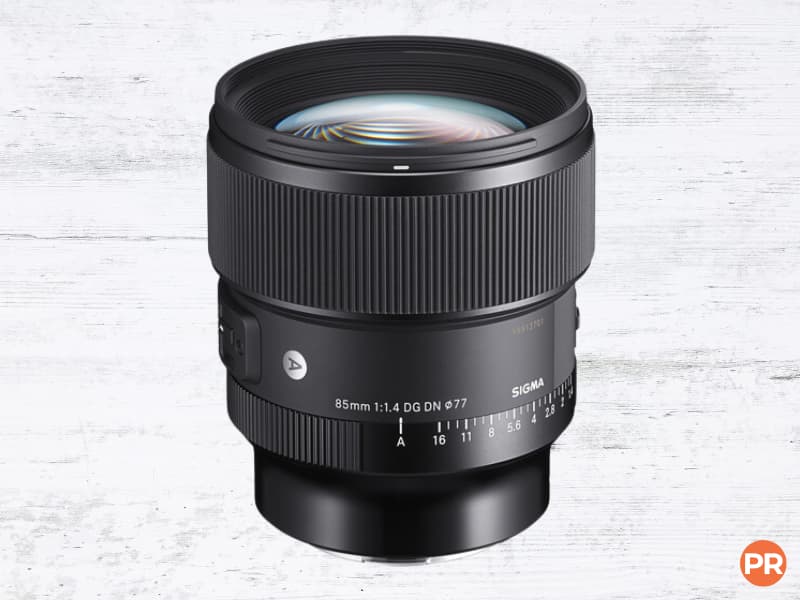
An 85mm lens is ideal for portraits, close-up street photography, and landscapes.
Having a wide aperture of f/1.4 makes the 85mm one of the top lenses for night photography.
It’s a long prime lens focal length. So, you’ll capture a beautiful separation between the foreground and background.
The 85mm f/1.4 lens will provide some of the best night shots if you want a narrower field of view.
Brands that offer a 85mm f/1.4 lens include Canon, Nikon, Zeiss, Sigma, Pentax, Rokinon, and Samyang.
400m f/2.8
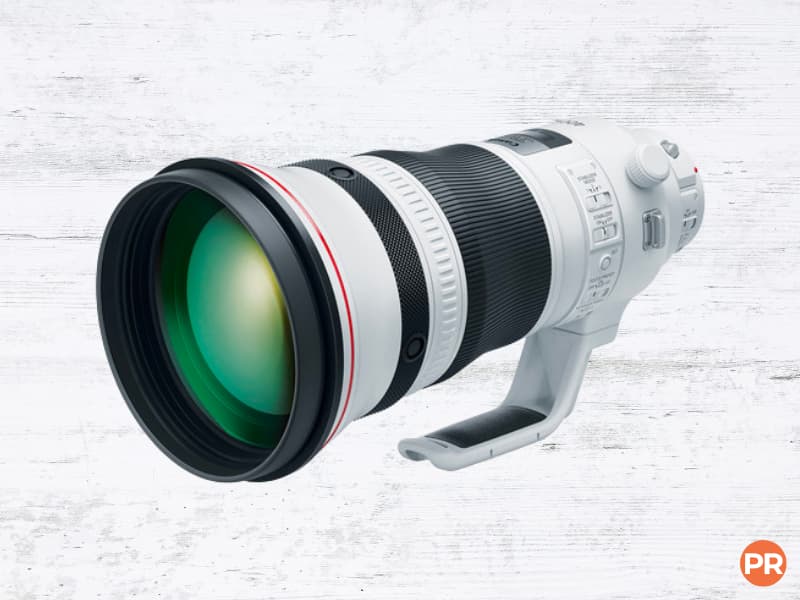
Wedding, wildlife, and sports photography are niches that can enjoy a 400mm lens.
It’s an expensive lens relative to most lenses for night photography. But it produces incredible images.
The f/2.8 aperture is outstanding, as a lot of light can reach the sensor.
What makes the 400mm unique is that it’s compact and light enough to shoot handheld. Although, a tripod or monopod does come in handy.
If you need to capture faraway subjects at night, get the 400mm f/2.8 lens.
Brands that offer a 400mm f/2.8 lens include Canon, Sony, Nikon, and Panasonic.
Crop sensor vs. full-frame
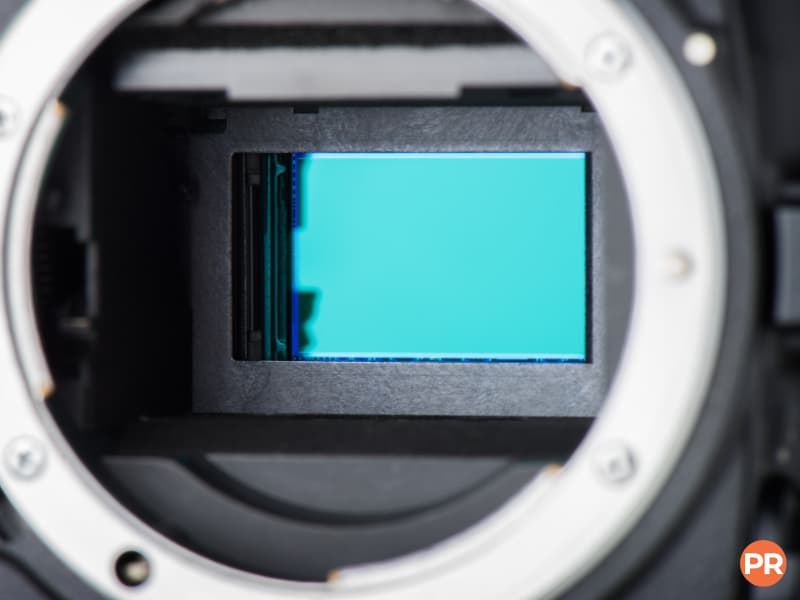
When buying a lens, it must be compatible with your camera.
So, determine whether you have a crop sensor or full-frame camera before buying a lens.
Aside from compatibility, it affects how the image looks.
A full-frame sensor has more dynamic range and low-light capabilities.
Crop sensor cameras also have a magnification factor. So, a 1.5x crop factor will make a 14mm lens seem like a 21mm lens.
If you’re shooting with a crop sensor, consider upgrading to a full-frame camera.
It ensures you get the highest quality before buying lenses for night photography.
Conclusion
The best lenses for night photography can take in a lot of light. So, a lens with a wide aperture is essential.
The ideal lens will have an aperture of f/2.8 or wider. It ensures you get as much light as possible to capture the correct exposure.
The focal length you choose depends on the type of photography and shot.
When shopping for lenses for night photography, a wide aperture matters most.
Related: The Ultimate Senior Photography Guide
Featured photo courtesy of Unsplash.
